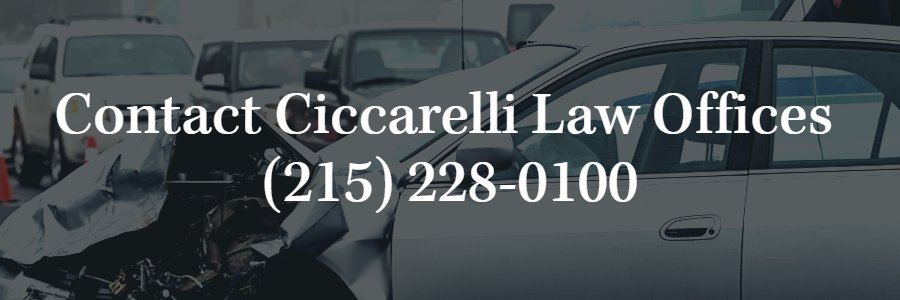In the aftermath of sustaining an injury in a car accident, victims rely on insurance settlements to help cover their medical expenses and other accident-related costs. However, insurance carriers are “for-profit” companies that will do what they can to ensure they pay as little as possible in a payout. Here, we will discuss how insurance companies can dispute liability after an incident occurs.
Understanding the Basics of Insurance Companies
Pennsylvania is one of the few states that offers a no-fault insurance option as well as a fault-based (or tort) insurance system for car accidents. Drivers who choose no-fault insurance coverage turn to their own personal injury protection (PIP) coverage for medical bills after a crash. When a driver chooses the no-fault system, they lose their ability to file a lawsuit against the at-fault party for additional damages accepting cases when certain injury thresholds are met.
The fault-based (or tort) system is when the injured party seeks compensation from the at-fault party’s insurance carrier. In these cases, the injured party (or their attorney) will need to prove that the other party caused the incident.
Insurance Adjuster Tactics
Insurance carriers do not want to make large payouts in a settlement, and they rely on insurance adjusters to help them lower claim amounts. Some of the most common tactics used by insurance adjusters can include:
- Getting you to take an early settlement. This could take place before you even know the full extent of your injuries. Once you sign a settlement agreement, you will be unable to go back and ask for more money in the future.
- Giving you false deadlines. An insurance adjuster may tell the injured party that they have a certain date by which they have to come to an agreement, but this deadline is completely arbitrary and designed to convince you to take a low-ball offer.
- Getting you to sign over your medical history. You should never sign an agreement allowing an insurance adjuster to view your full medical history. This could lead to them using a pre-existing condition against you. They could say that a previous injury, not the car accident, is the reason you are in pain now.
Do Not Give an Insurance Adjuster a Recorded Statement
Shortly after a car accident occurs and the claim is made against the at-fault party, the injured person will be asked by the at-fault party’s insurance carrier to give a recorded statement. It is important that a person injured in a car crash understands that they do not have to give a recorded statement. The insurance carrier will be able to use anything you say in your statement against you. As we mentioned in their tactics above, insurance gestures will do what they can to pay as little as possible in an insurance settlement, including getting the injured victim to make statements that could hurt their claim.
When Insurance Companies Act in Bad Faith
Insurance carriers may operate in bad faith to dispute liability. Bad faith means that the insurer is not treating the claim in a way that is legal. Insurance laws in Pennsylvania require insurance carriers to treat each claim with honesty, diligence, and good faith. A person could be the victim of bad faith if the insurance carrier denies a claim with no reason or fails to properly investigate the claim. In instances when an insurance carrier operates in bad faith, they could be held liable through an additional lawsuit.
Contact Ciccarelli Law Offices
If you or somebody you care about has been injured in an accident that was caused by another driver’s actions, let the Ciccarelli Law Offices get to work investigating your case today. Our goal is to secure compensation for your medical bills, lost wages, pain and suffering damages, and more. When you need a Philadelphia car accident lawyer, you can call us for a free consultation (215) 228-0100.
